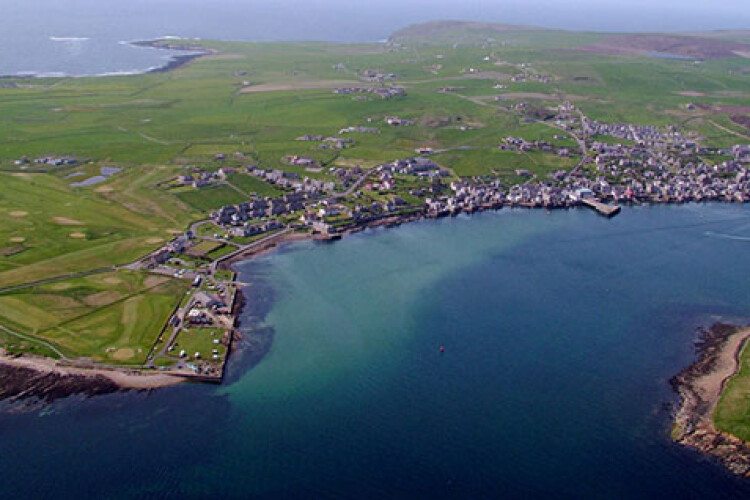The report looks at research that contributes to the United Nations’ 17 sustainable development goals. The goals are part of the international 2030 Agenda for Sustainable Development, described by the UN as a blueprint for peace and prosperity for people and the planet.
Each of Scotland’s universities undertakes sustainable development research, often in partnership with institutions and agencies in other countries. Six Scottish universities appeared in the top 200 in the most recent world rankings of universities’ contribution to the UN goals. The rankings cover 94 countries and include 1,118 universities.
The report said that Scottish research has contributed particularly to the UN goals of ending hunger; improving clean water and sanitation; ensuring affordable and clean energy; and addressing climate change.
The report also highlights the effect university research has on Scotland’s National Performance Framework with case studies that illustrate the benefits being achieved in key areas such as health, the environment, social justice and fair work.
Minister for higher and further education Jamie Hepburn said: “University research drives forward the improvements and innovations needed to help us reach our economic, societal and environmental aims.
“This report highlights the value and scope of our research base, and the international recognition Scotland receives as a key partner in solving global challenges.”
Mike Cantlay, chair of the Scottish Funding Council, said: “Today’s report paints an incredibly clear picture of the impact research carried out here in Scotland has on communities both here and throughout the world. Its benefits extend to the health of the planet’s oceans and, crucially, to the creation of a carbon-free future.

“By contributing so strongly to the UN’s Agenda for Sustainable Development, our universities are helping to enhance Scotland’s international reputation and strengthen our relationship with other countries.”
One of the case studies focuses on a Heriot-Watt University Orkney project.
Since 2013, Orkney has generated over 100% of its electricity demand from renewable power sources. For 25 years the university’s International Centre for Island Technology has engaged with the local community and industry to develop innovative solutions to global challenges.
“Whilst there is no shortage of renewable generation assets in Orkney, demand-side assets are only now developing through pioneering pilot and local community scale activities,” says the report. “One of these schemes is the £28.5 million Responsive Flexibility (ReFLEX) Orkney scheme, the UK’s largest whole energy system project. Its aim is to create a ‘smart energy island’, demonstrating the energy system of the future.
“This is being achieved through an integrated energy system which manages the renewable generation of the region, digitally linking distributed and intermittent power to flexible demand and storage.
“Information from the people, homes and businesses benefitting from the system - and particularly data that records human interaction with the new technologies - provides the basis for further research and continued focus on decarbonisation.
ReFLEX will deliver an extensive new pool of flexible demand technologies at regional scale, with the potential to deliver a global impact for our low carbon objectives.”
Got a story? Email news@theconstructionindex.co.uk



